Chevy's AppShop skips the smartphone for in-vehicle apps at #CESlive
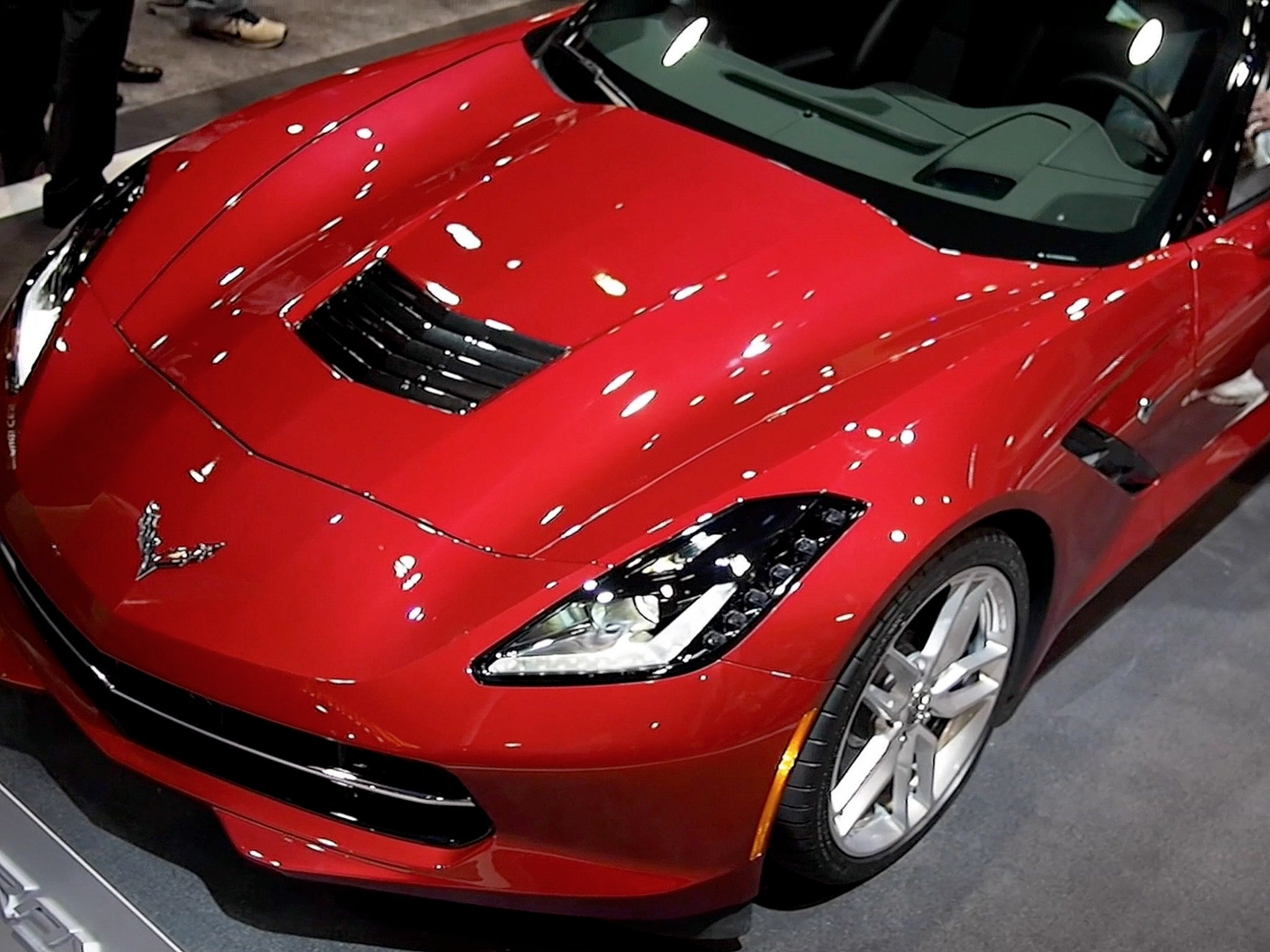
iMore offers spot-on advice and guidance from our team of experts, with decades of Apple device experience to lean on. Learn more with iMore!
You are now subscribed
Your newsletter sign-up was successful
The LTE-Connected Car
The surge of automaker presence at CES strikes an interesting counterpoint to the traditional auto show circuit. Where the North American International Auto Show in Detroit the week after CES is more about design and horsepower, the automakers in Vegas were talking about technology and software.
Chevrolet was one of those automakers, and their offerings were more on the software side of things. Sure, the average consumer might be intrigued by Audi's laser headlight (yes, lasers), they're far more likely to be able to afford something like a Chevy (sans lasers). So Chevrolet was showing off technology that not only can normal people afford, but will be able to buy in the relatively near future: AppShop and LTE connectivity.
That 4G connection comes courtesy of a partnership with AT&T and OnStar — Ma Bell's been making significant inroads with it seems like every major automaker. Of course, that connection is likely to come at a monthly cost, though Chevy wasn't keen to tell us just yet what they're thinking. Customers will have the option of paying for their data as a standalone plan, or will be able to hook it into an existing AT&T Mobile Share plan. Who would've thought we would already be at the point where your smartphone and your car are pulling from the same data bucket?
That LTE radio will become an option for buyers of the Corvette, Impala, Malibu, and Volt this summer, while the larger Equinox and Silverado, and the smaller Spark, will get that option later on. While the 4G connection is good for the car's systems, it'll also be available to the car's built-in Wi-Fi hotspot, providing access to up to seven separate devices in the car.
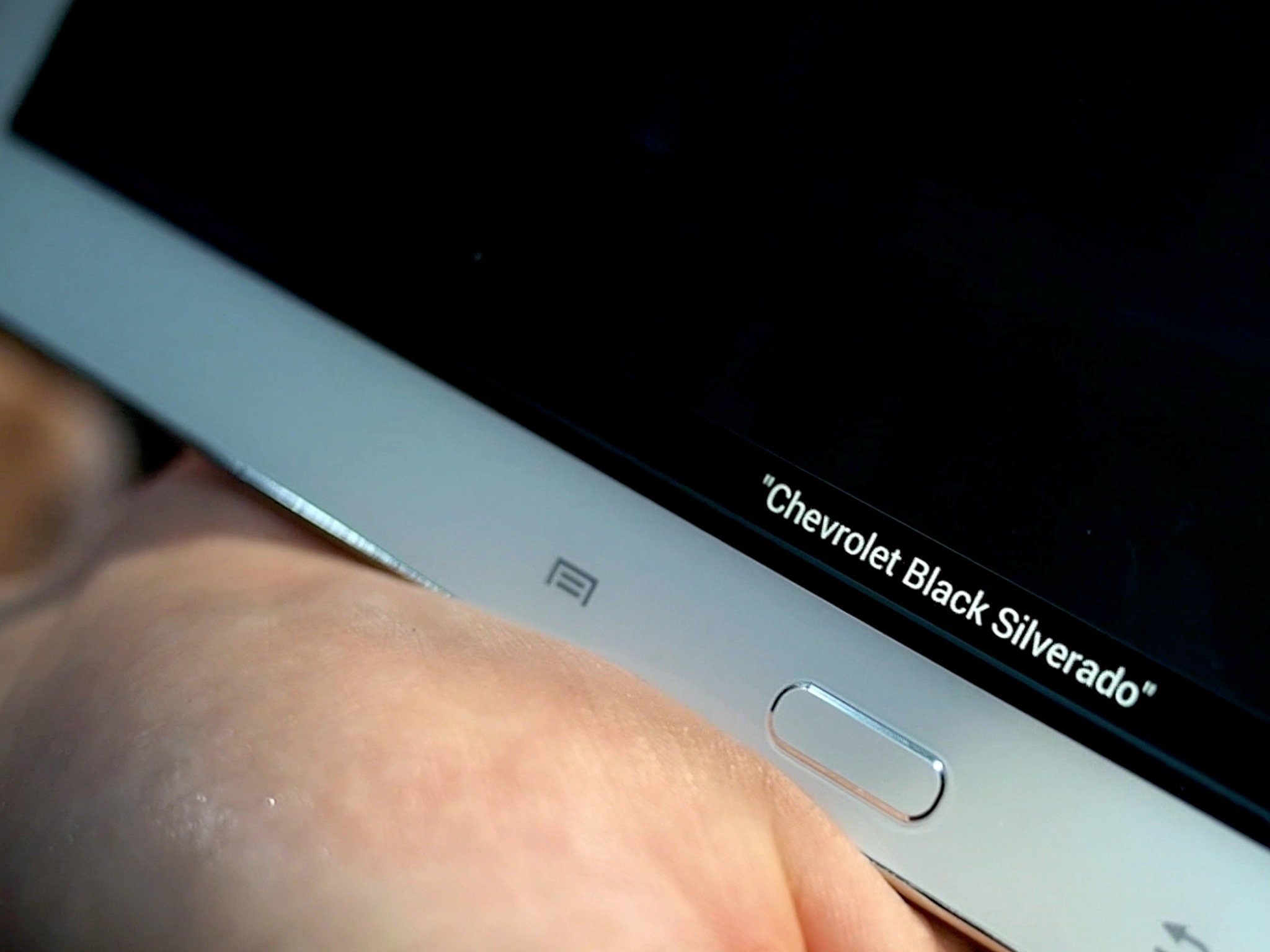
One might wonder why exactly you'd opt to pay for a data plan for your car when we have so many other options for data connectivity these days. We have smartphones and tablets, which are generally capable of sharing their data connection (usually at an additional fee). We also have standalone portable hotspots, which consisting of an LTE radio and a Wi-Fi router aren't likely to be all that different from what will be built into Chevy's vehicles.
It's a tough question to answer, though we can see a degree of benefit if you intend to use your vehicle as a mobile office. But then again, that hotspot is going to be tied exclusively to the car, and who knows about upgradeability. The first generations of cellularly-equipped cars generally haven't been able to take advantage of today's fast wireless networks, and we wouldn't expect that an LTE radio, Wi-Fi router, and antennas integrated into a car today would be so easy to upgrade either. That kind of generational modularity has never been the strong suit of automakers.
We can see paying separate access charges for a smartphone and a tablet and even a hotspot (since, paradoxically, it often costs less than adding hotspot capability to a smartphone). But paying for that access tied to a car you're likely to keep for several years? That's harder to justify.
iMore offers spot-on advice and guidance from our team of experts, with decades of Apple device experience to lean on. Learn more with iMore!
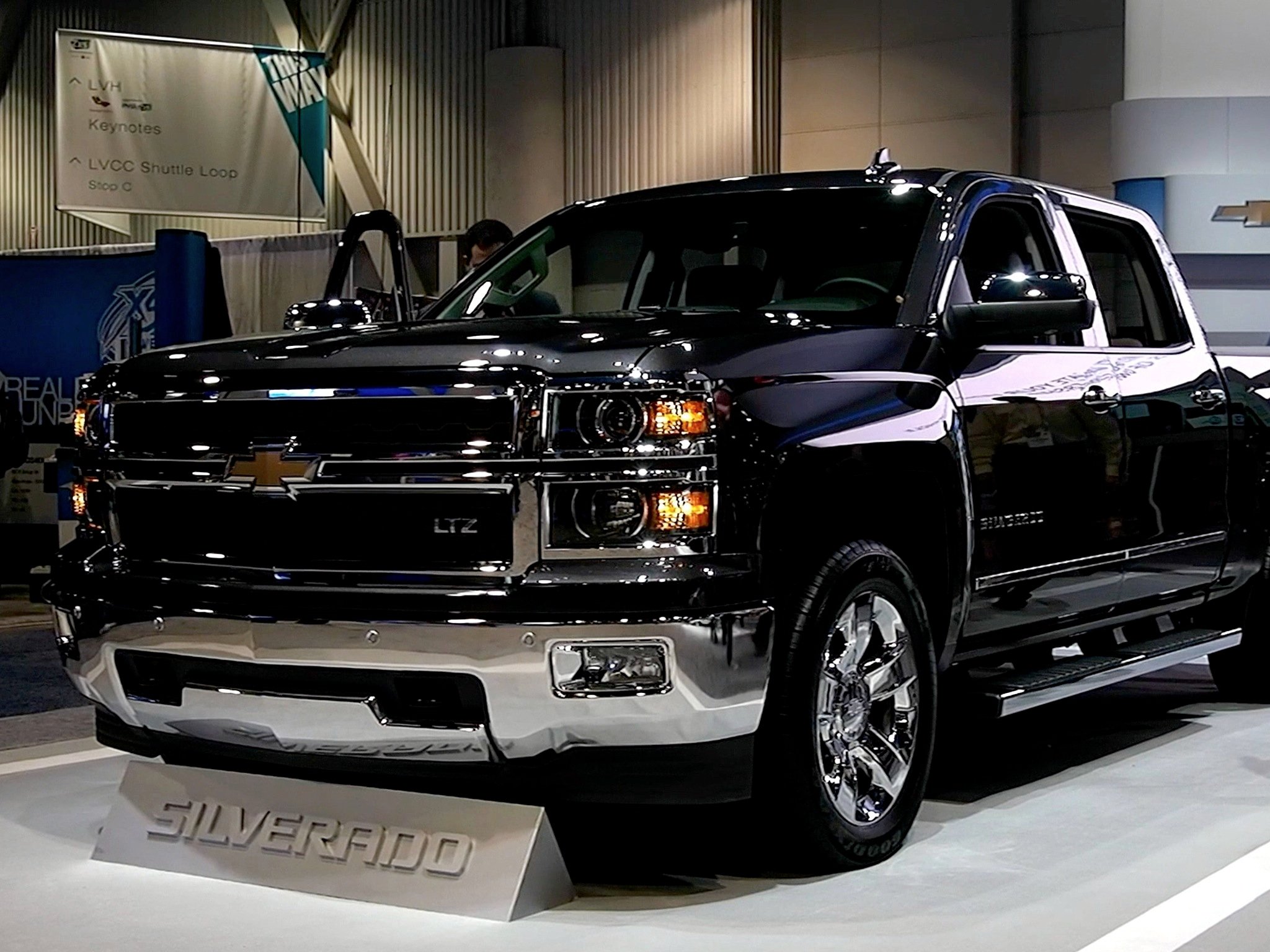
Going to the AppShop
There is one thing that integrating LTE into Chevy vehicles enables, and it's not something you'll be able to make happen with a hotspot plan on your smartphone: Chevy AppShop.
Instead of taking the route of manufacturers like BMW and Ford, GM has opted to take a more integrated route when it comes to in-car apps, and that's the route of the specialized standalone app. The competing school of thought leverages your smartphone's processing power and radio along with the apps on it to provide app-driven content on the car's display, while Chevy's AppShop system works entirely independently of your smartphone.
Displayed on the touchscreen centered on the vehicle's dash, AppShop offers several options developed expressly for in-car use. Each app has its own interface, though generally they stick with a spartan finger-friendly driving-compatible style of contrasting colors, large text, and even larger buttons.
The apps Chevy announced for AppShop include information and entertainment apps. On the information side, drivers are looking at Cityseeker and Eventseeker, Glympse, Priceline.com, and The Weather Channel, while entertainment includes the likes of iHeartRadio, Kaliki, NPR, Slacker Radio, and TuneIn Radio. All data served up in these apps is delivered via the LTE connection.
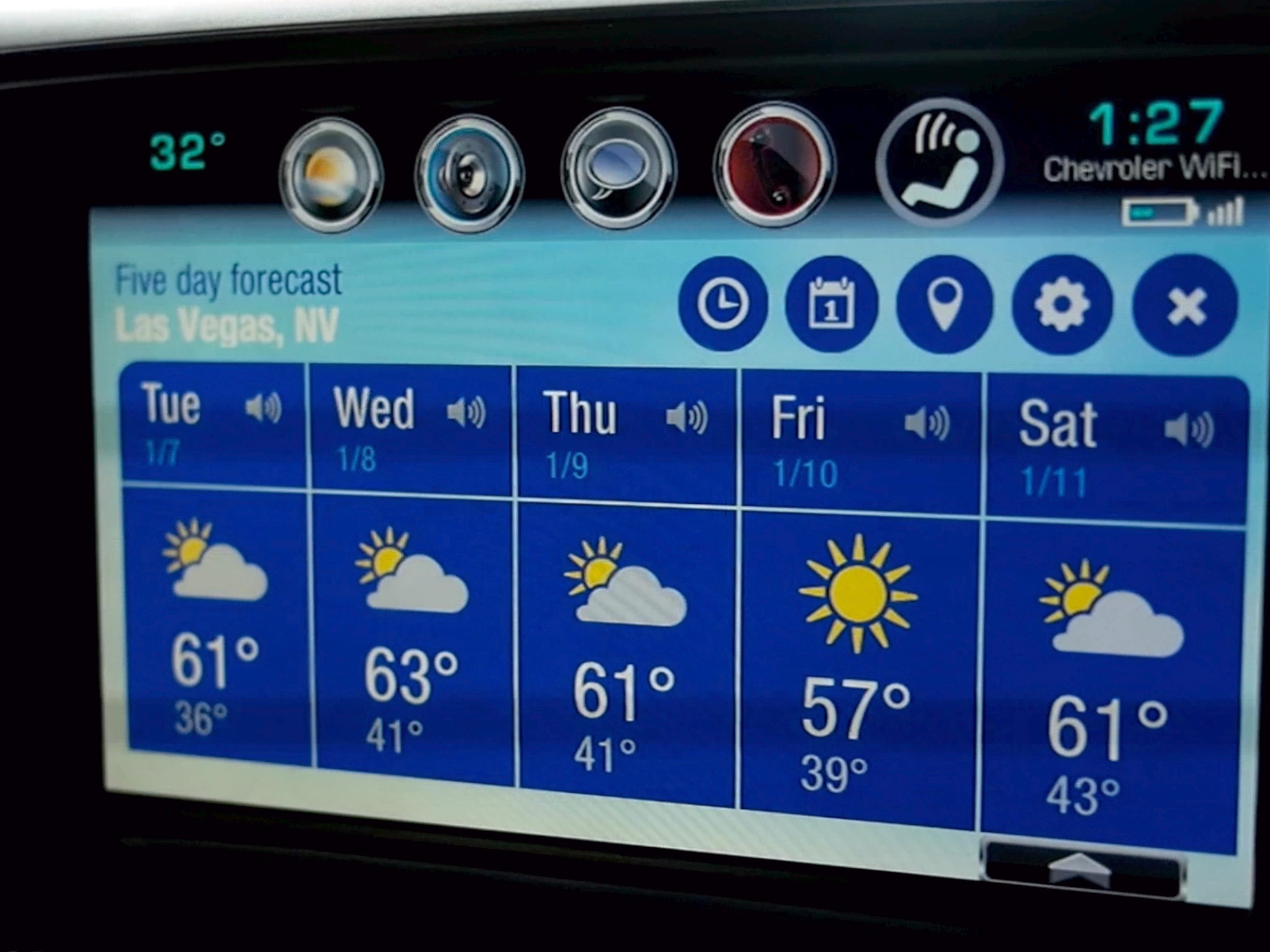
For our demo, Chevy showed off The Weather Channel app, which offered a quick overview of the forecast, and with a tap reads it aloud so you can keep your eyes on the road (after looking down to tap the speaker icon on the day's forecast, that is). A quick demonstration of the Priceline.com app showed that one can indeed use it to book a hotel as one does through The Negotiator's service. Using Priceline would require you to log-in, as the service uses your credentials and credit card information stored on their server — none of your data is stored in the car, for better or worse.
The addition of several streaming music services through Chevy AppShop adds to the multitude of ways one can play music in a Chevy vehicle, from a physical CD or line-in connection to terrestrial radio to streaming from your phone over Bluetooth to streaming directly to your car. It's an interesting position to be in, having the option to listen to your local radio station over FM, iHeartRadio off your phone, or iHeartRadio build into the car.
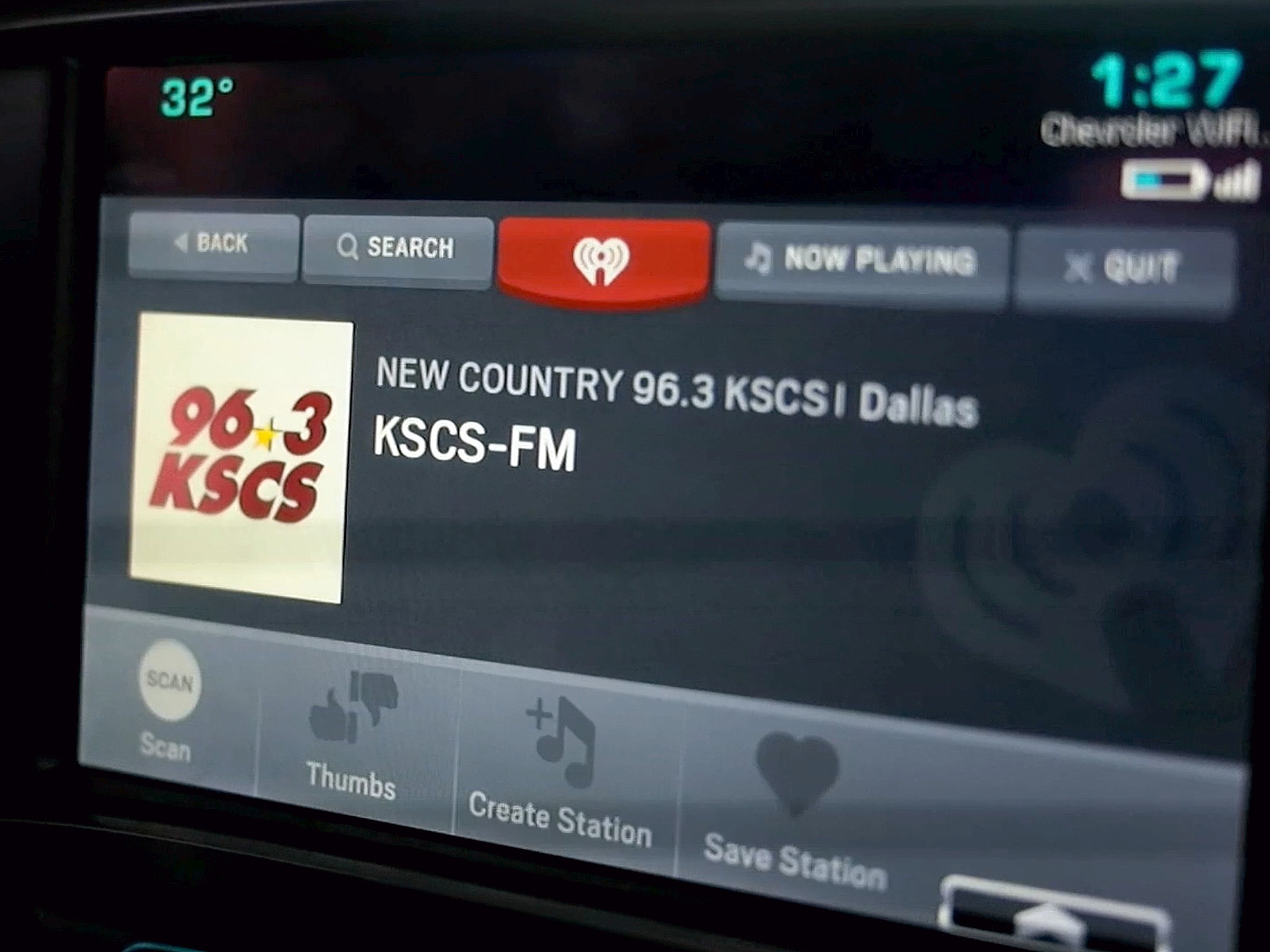
This leads to a similar question that had to be asked about integrating a cellular radio into the car: what benefit does this offer over using your smartphone's apps and data connection? You'll have to log in again, you won't be using any less data, and you'll be relying on Chevy to keep up with their internal developers and content partners to keep the apps up-to-date.
Chances are you're going to see less functionality than you would through a smartphone app as well. That's not to say that's a bad thing — driving is a complicated and dangerous task, so the less distracted you are by the options presented by Slacker in your car, the better. But why opt for dedicated in-car apps instead of a system like Apple's iOS in the Car where a specialized interface is beamed from the phone or BMW's ConnectedDrive that pipes the data from the phone into a standard interface for the vehicle?
It's a difficult argument to make. On one hand you have an interface that is designed specifically for the in-car environment, one that's visually simple (if more than a bit dull), quick to digest. and presumably integrated with the car's physical controls on the center console and steering wheel. On the other hand, you have yet another party involved in managing the app experience, another data plan to pay, and another system to learn and juggle.
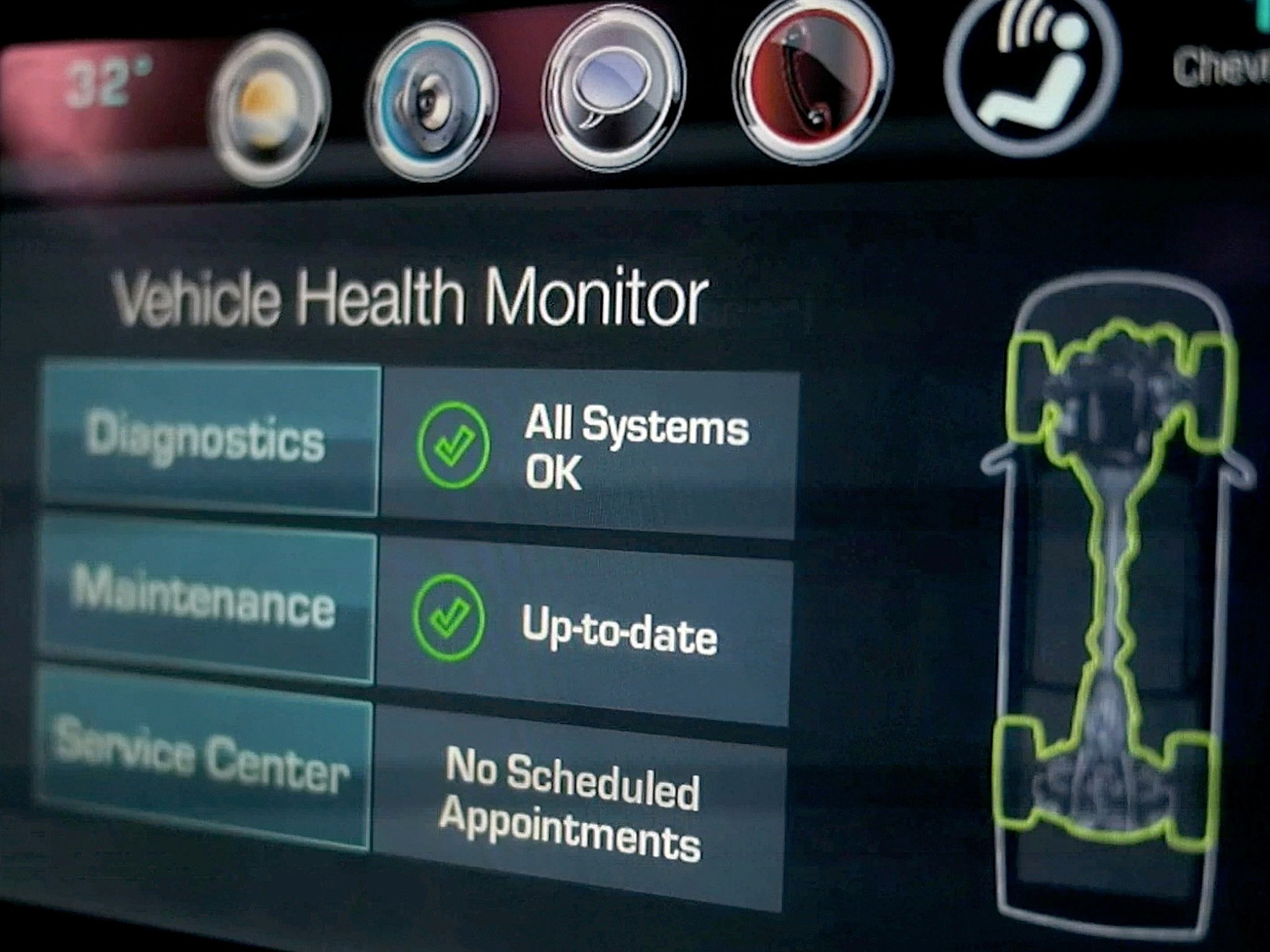
There is one part of the AppShop experience that your smartphone can't match, and that's integration with the vehicle itself. We were shown an app simply titled "Vehicle Health" that augments the nondescript warning lights we've all seen light up in the gauge cluster that could mean anything from one of a dozen O2 sensors having gone dead to the engine throwing a rod (though you'd likely notice an impact on the car's driving behavior if the latter happened).
Vehicle Health ties into the myriad sensors throughout the car to provide you with diagnostic information about the vehicle. In our demo Chevy triggered a tire pressure warning, and by using Vehicle Health they were able to display the current air pressure in a tire gone leaky as well as the ideal tire pressure. From there you can fix it yourself, or schedule a service appointment with your preferred Chevy dealer — or the closest, depending on your situation.
But, why?
GM and Chevrolet are taking an interesting approach to apps in the car. Instead of an experience that integrates with your digital life, leveraging the devices that you carry with you anyway, they're opting to make our cars standalone devices in an increasingly interconnected world. The internet talks to my computer talks to my smartphone talks to my smartwatch and all the way back to the internet, but in Chevy's world the internet talks to my car and my car to the internet.
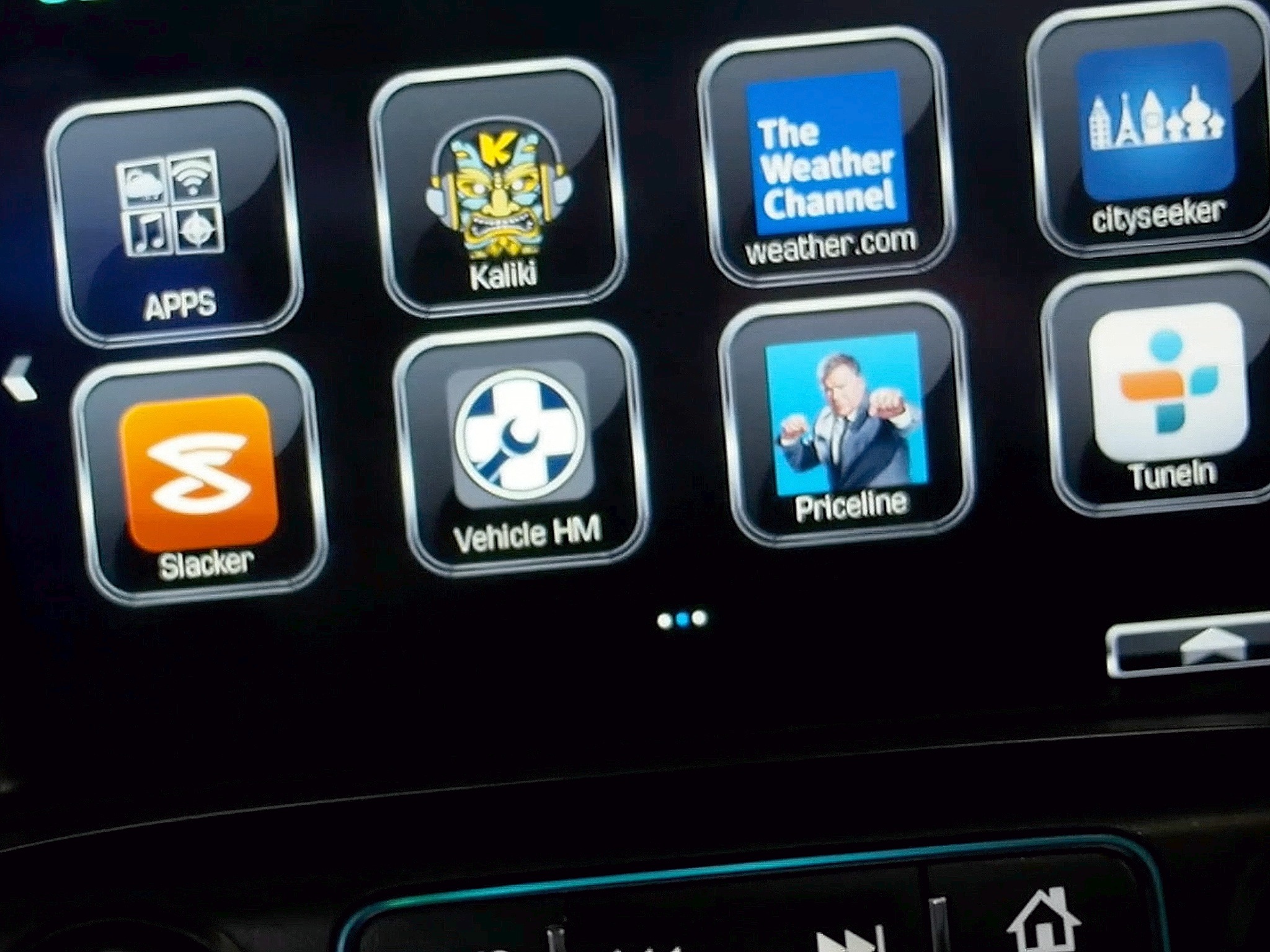
Customers today are increasingly doing more and more with their smartphones. While they'll surely appreciate having an LTE hotspot in their car for the battery life savings of Wi-Fi over LTE, it's hard to say whether or not they'll appreciate having to deal with an isolated system like Chevy's AppShop. That said, customers have increasingly shown a willingness to pay for additional technologies in their cars, so maybe GM's on to something here.
Vehicles supporting AppShop over the MyLink system and integrated AT&T LTE radios should start showing up at Chevy dealerships in summer 2014.
Derek Kessler is Special Projects Manager for Mobile Nations. He's been writing about tech since 2009, has far more phones than is considered humane, still carries a torch for Palm, and got a Tesla because it was the biggest gadget he could find. You can follow him on Twitter at @derekakessler.

